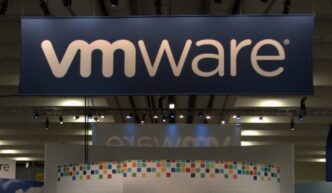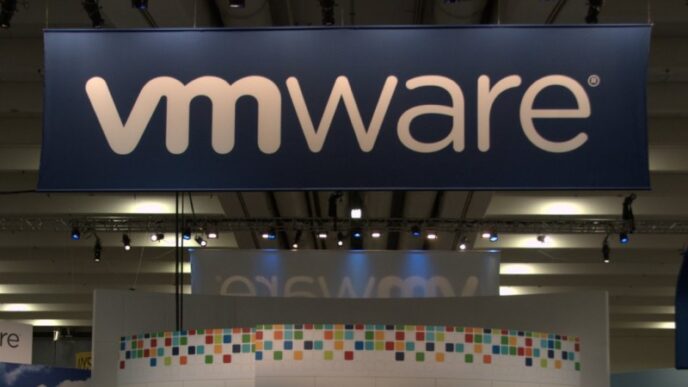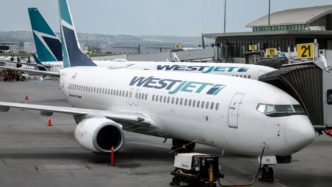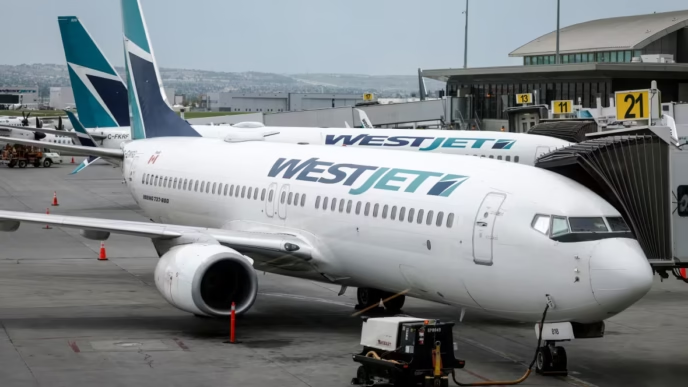The UK government has stepped in with a £1.5 billion loan guarantee to support Jaguar Land Rover (JLR) after a devastating cyberattack forced production shutdowns and disrupted its supply chain.
The move, announced on Sunday, aims to restore confidence in one of Britain’s most critical manufacturers. Officials said the financial package will “give certainty to its supply chain following a recent cyber-attack.”
Under the deal, the loan, provided by a commercial bank and backed by the UK Export Finance’s Export Development Guarantee (EDG), will be repaid over five years. It’s designed to strengthen JLR’s cash flow and help the company stabilize operations after weeks of downtime.
JLR, owned by Tata Group, employs roughly 34,000 people across the UK and supports another 120,000 jobs through its supply chain. The government’s decision underscores the company’s importance to Britain’s industrial base and export economy.
A spokesperson noted that JLR remains “one of the UK’s largest exporters and a cornerstone of its advanced manufacturing sector.”
However, cybersecurity professionals are raising alarms that the bailout could send the wrong message to hackers.
“Personally, I think the UK is going to be one to watch now,” said Kevin Beaumont, a leading cybersecurity researcher who tracks major global attacks. “If I was an e-crime threat actor, I’d zero in on the UK.”
Beaumont and others fear that such interventions could embolden attackers who see financial assistance as an indirect safety net for poorly protected firms.
Adding to the controversy, The Insurer reported that JLR had failed to secure cyber insurance before the breach, a claim the company has neither confirmed nor denied.
According to The Guardian, JLR’s cybersecurity operations are outsourced to Tata Consultancy Services (TCS), the same IT provider working with UK retailers Marks & Spencer and Co-op, both recently targeted by Scattered Spider, the group claiming responsibility for the JLR attack.
The cyberattack, detected in late August, crippled key internal systems and forced JLR to halt production across multiple facilities.
By late September, the automaker said it had restored “sections of its digital estate,” including invoicing, logistics, and sales systems. On September 29, JLR confirmed that some manufacturing lines will restart in the coming days, with full production expected to resume soon after.
While JLR acknowledged that the breach led to a data compromise, it has not disclosed what specific information was exposed. Nor has it released estimates of the attack’s financial damage.
Industry analysts warn that losses could be severe. Recent attacks on UK retailers attributed to Scattered Spider have already cost hundreds of millions, Co-op reported £206 million in lost sales, while Marks & Spencer estimated £300 million in damages earlier this year.
As investigations continue, the JLR incident highlights a growing national concern: cybersecurity vulnerabilities across critical UK industries. With the government now directly intervening, experts argue that future resilience will depend on stronger digital defences, not just financial bailouts.













